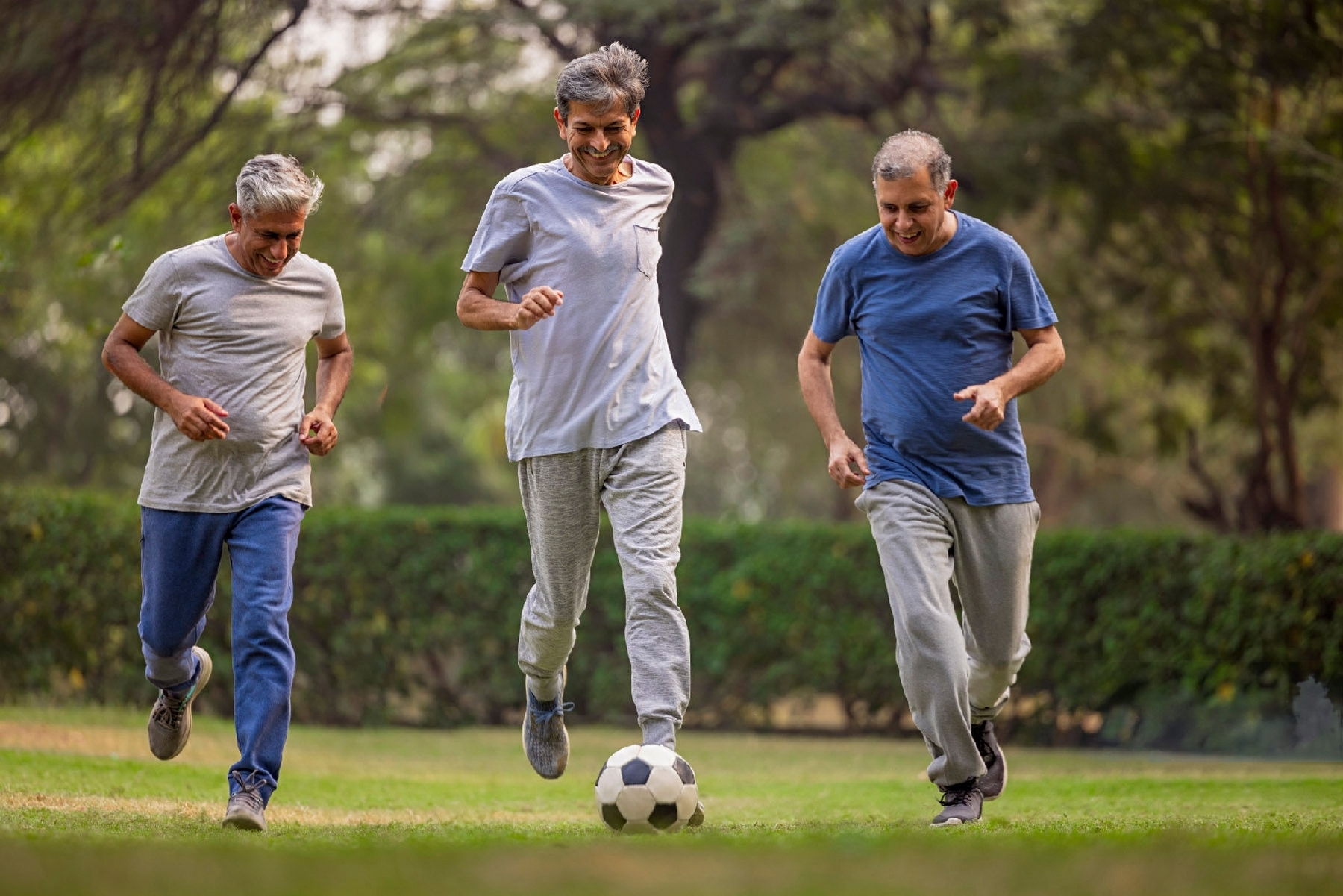Geriatric ailments are health conditions that are more commonly associated with older adults. The prevalence of these ailments tends to increase with age, and they often have a significant impact on the overall health and quality of life of older individuals. Some of the most frequent geriatric ailments include:
- Arthritis: Osteoarthritis and rheumatoid arthritis are common among older adults, leading to joint pain, stiffness, and decreased mobility.
- Hypertension (High Blood Pressure): Elevated blood pressure is a common issue in the elderly and is a risk factor for heart disease and stroke.
- Cardiovascular Disease: Conditions like coronary artery disease and heart failure become more prevalent with age.
- Diabetes: Type 2 diabetes is more common among older individuals and can require careful management.
- Osteoporosis: This condition results in brittle and weak bones, making seniors more susceptible to fractures.
- Dementia: Alzheimer’s disease and other forms of dementia are more common in the elderly and can result in cognitive decline.
- Hearing and Vision Problems: Age-related hearing loss and visual impairments, such as cataracts and glaucoma, become more common with age.
- Depression: Older adults may experience depression, which can often go undiagnosed or untreated.
- Alzheimer’s Disease: This progressive neurodegenerative condition is a leading cause of dementia in older adults.
- Parkinson’s Disease: A neurodegenerative disorder that affects movement and can lead to tremors and muscle rigidity.
- Cancer: The risk of cancer increases with age, and conditions like breast, lung, and prostate cancer are more common among older adults.
- Chronic Obstructive Pulmonary Disease (COPD): Conditions like chronic bronchitis and emphysema can result in breathing difficulties and reduced lung function.
- Urinary Incontinence: Many older individuals experience issues with bladder control.
- Stroke: The risk of stroke, often caused by vascular problems, increases with age.
- Gastrointestinal Issues: Conditions like diverticulosis, constipation, and irritable bowel syndrome may become more common.
- Hypothyroidism: An underactive thyroid gland can lead to fatigue, weight gain, and other symptoms.
- Pressure Ulcers (Bedsores): These skin injuries can occur due to reduced mobility and are more common in seniors who are bedridden or in wheelchairs.
- Infections: Older adults may be more susceptible to infections, including pneumonia and urinary tract infections.
- Falls and Fractures: A higher risk of falling and sustaining fractures is often associated with older age.
- Sarcopenia: Age-related loss of muscle mass and strength, which can impact mobility and function.
It’s important to note that not all older adults will experience these ailments, and many can be prevented or managed with proper healthcare, lifestyle choices, and support. Regular medical check-ups and a healthy lifestyle that includes a balanced diet and regular exercise can help reduce the risk of developing many of these conditions or manage them effectively.




